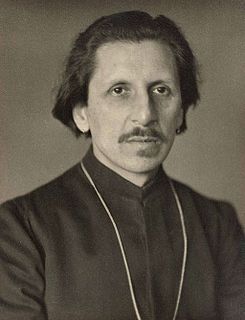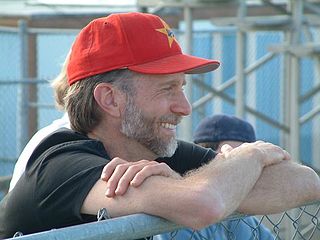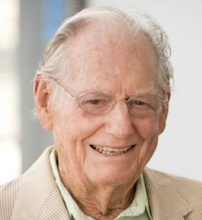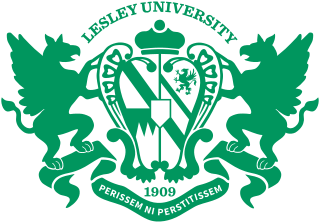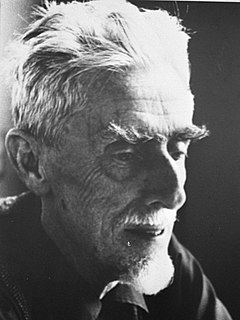A Quote by Ursula K. Le Guin
Resistance and change often begin in art, and very often in our art - the art of words.
Related Quotes
As a composer, I believe that music has the power to inspire a renewal of human consciousness, culture, and politics. And yet I refuse to make political art. More often than not political art fails as politics, and all too often it fails as art. To reach its fullest power, to be most moving and most fully useful to us, art must be itself.
Our time and attention is scarce. Art is not that important to us, no matter what we might like to believe... Our love of art is often quite temporary, dependent upon our moods, and our love of art is subservient to our demand for a positive self image. How we look at art should account for those imperfections and work around them. Keep in mind that books, like art museums, are not always geared to the desires of the reader. Maybe we think we are supposed to like tough books, but are we? Who says? Many writers (and art museums) produce for quite a small subsample of the... public.
We profess to teach the principles and practice of medicine, or, in other words, the science and art of medicine. Science is knowledge reduced to principles; art is knowledge reduced to practice. The knowing and doing, however, are distinct. ... Your knowledge, therefore, is useless unless you cultivate the art of healing. Unfortunately, the scientific man very often has the least amount of art, and he is totally unsuccessful in practice; and, on the other hand, there may be much art based on an infinitesimal amount of knowledge, and yet it is sufficient to make its cultivator eminent.
The greatest opportunities for creative transformation are often lodged in our discontents. Art is an alchemical process that feeds on emotional energy. When we realize that a perfect equilibrium in our lives might not be the best basis for making art, then we can begin to re-vision our stress points. So rather than try to rid your life of tension, consider doing something more creative with it.
To tell you the truth, I am rather perplexed by the concept of 'art'. What one person considers to be 'art' is often not 'art' to another. 'Beautiful' and 'ugly' are old-fashioned concepts that are seldom applied these days; perhaps justifiably, who knows? Something repulsive, which gives you a moral hangover, and hurts your ears or eyes, may well be art. Only 'kitsch' is not art - we're all agreed about that. Indeed, but what is 'kitsch'? If only I knew!


